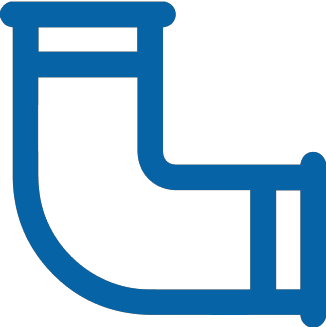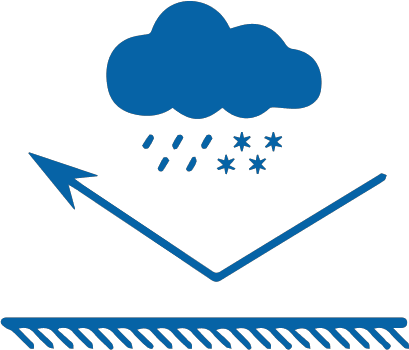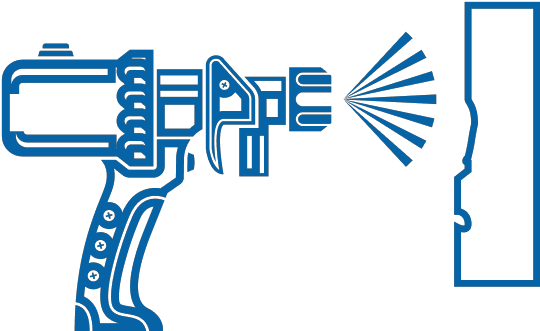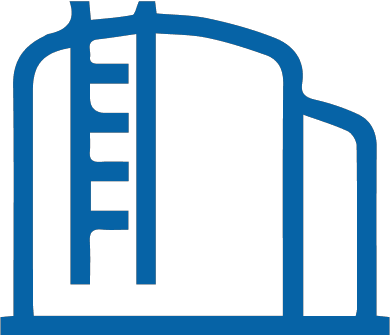UNDERSTANDING THE CHEMICAL MAKEUP OF POLYUREA
Polyurea is a type of polyurethane that is made by reacting an isocyanate with an amine. The reaction creates a complex polymer that has a unique set of properties. The chemical structure of polyurea is characterized by a high degree of cross-linking, which gives the material its exceptional strength and durability. One of the key features of polyurea is its fast curing time. Unlike other coatings that can take several days to dry, polyurea can cure in a matter of seconds. This is because the reaction between the isocyanate and amine molecules is exothermic, releasing heat and causing the material to solidify almost instantly. Polyurea is also highly reactive to moisture, which can affect its properties. In the presence of water, polyurea can form a tough, impenetrable barrier that is resistant to corrosion and chemical attack. However, if the material is exposed to moisture during the application process, it can cause bubbles or foam to form, which can compromise the integrity of the coating.








































